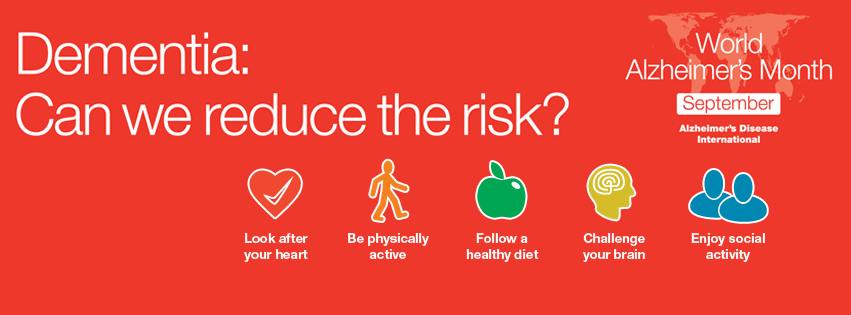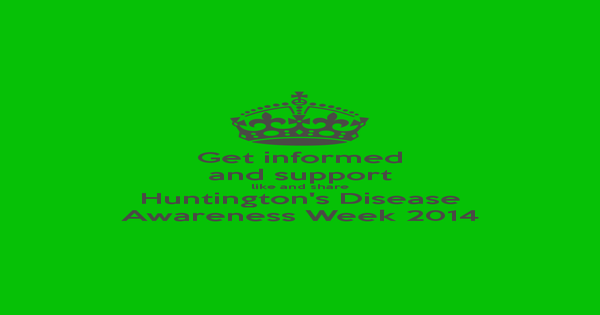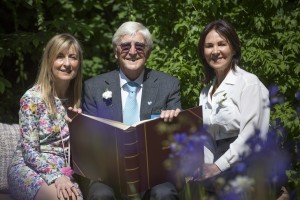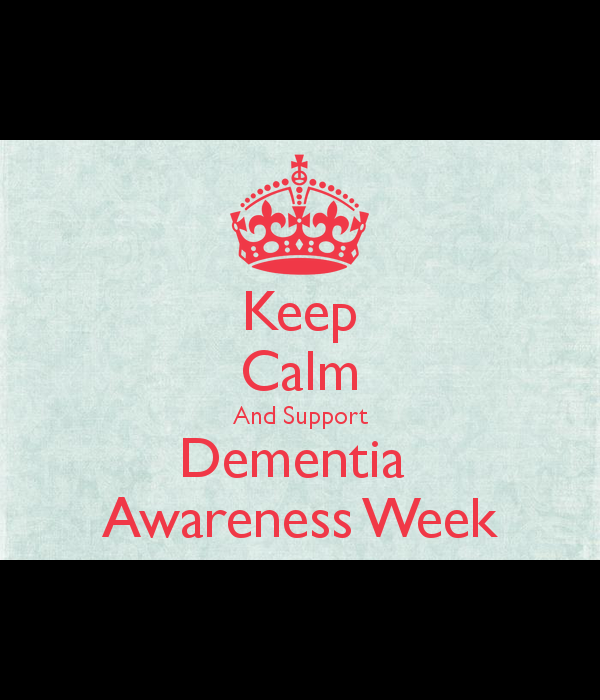Today sees the start of World Alzheimer’s Month 2014. This years theme is “Dementia: Can we reduce the risk?”
Please feel free to use the picture above as you Facebook cover for the month.
Alzheimer’s Disease International have produced two very useful pieces of information which we have shared below.
The first looks at the social impact of dementia while the second introduces us to the early signs and symptoms of dementia. Please so feel free to share far and wide!
The Global Impact of Dementia
What is dementia?
Dementia is a progressive, degenerative brain syndrome that affects memory, thinking, behaviour and emotion. Dementia knows no social, economic, ethnic or geographical boundaries and affects people throughout the world. As dementia progresses individuals affected need care with all aspects of daily life, worldwide families mostly provide this care.
Alzheimer’s disease is the most common cause of dementia and accounts for 50-60% of all cases and is caused by abnormal brain tissue changes.
Who does it affect?
International studies make it clear that dementia occurs in every country of the world. Dementia affects 1 in 20 people over the age of 65 and 1 in 5 over the age of 80. Worldwide there are an estimated 44 million people with dementia. By 2050 the number will rise to 135 million.
Where do people with dementia live?
For at least the last 15 years, the majority of people with dementia worldwide have been living in developing regions of the world. They account already for over 62% of all cases; by 2050 this proportion will have risen to 71%.
Care arrangements
Research has shown that most people with dementia live in their own homes and are cared for by a female caregiver usually a spouse or daughter and that caring is associated with substantial psychological and financial strain (Int J Geriatric Psychiatry 2004 19 170-177). In contrast to developed countries, more than a quarter of people with dementia in developing countries live in a multigenerational household with their children and grandchildren.
Cost of care
Caregivers have to cut back on paid work or stop work altogether, informal care is often supplemented by formal paid care and people with dementia are relatively heavy consumers of health services. The total estimated worldwide costs of dementia are US$604 billion in 2010, according to ADI’s World Alzheimer Report
What is needed?
1. Recognition of the early symptoms of dementia
Dementia is surrounded by stigma and myth. Many people see the early symptoms of dementia as a normal consequence of ageing and therefore do not come forward for the help and support that is available. Recognising the symptoms of dementia is the first step towards receiving a diagnosis. A diagnosis can help to reduce the anxiety of people with dementia and their family, allow a greater chance to benefit from existing treatments, access resources and information and provide more time to plan for the future.
Ten early symptoms of dementia:
- Memory loss
- Difficulty in performing everyday tasks
- Problems with language
- Disorientation to time and place
- Poor or decreased judgment
- Problems with keeping track of things
- Misplacing things
- Changes in mood or behaviour
- Changes in personality
- Loss of initiative
2. Cost effective interventions
These are needed worldwide to provide support for people with dementia and their families to maintain and improve quality of life. Research has shown that there are ways to reduce the stresses of caring:
- Information and education empowers people to understand what is happening to them and their loved one and how to cope better.
- Support groups provide an opportunity to share experiences and feelings.
- Professional counselling has been shown to be effective in improving morale and decreasing feelings of stress.
- A break from caring is essential, respite can be achieved informally by arranging for the person with dementia to stay with relatives or friends or formally through services such as day care and short stays in residential units.
- Practical help in the home, financial support and a key person to turn to are also useful.”




